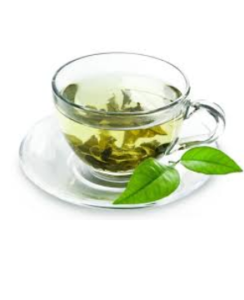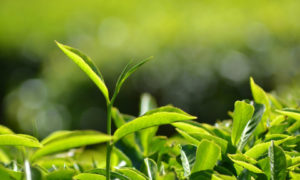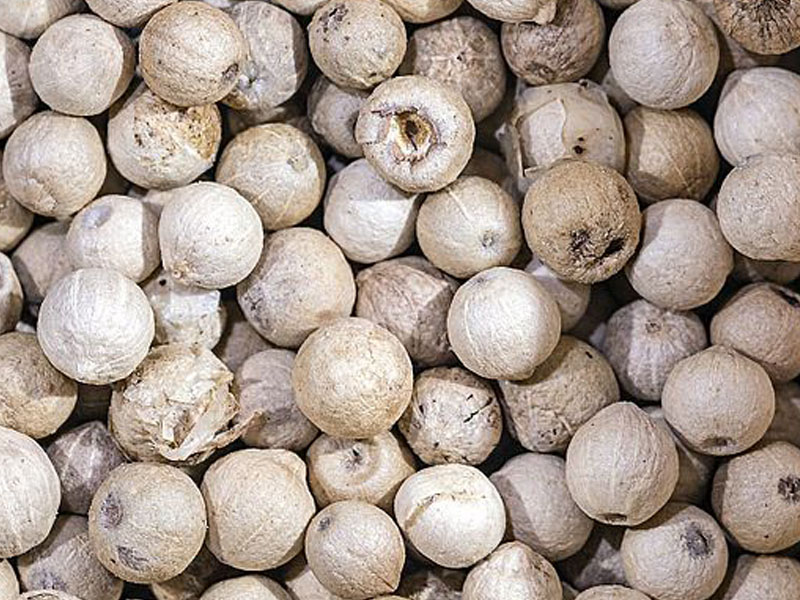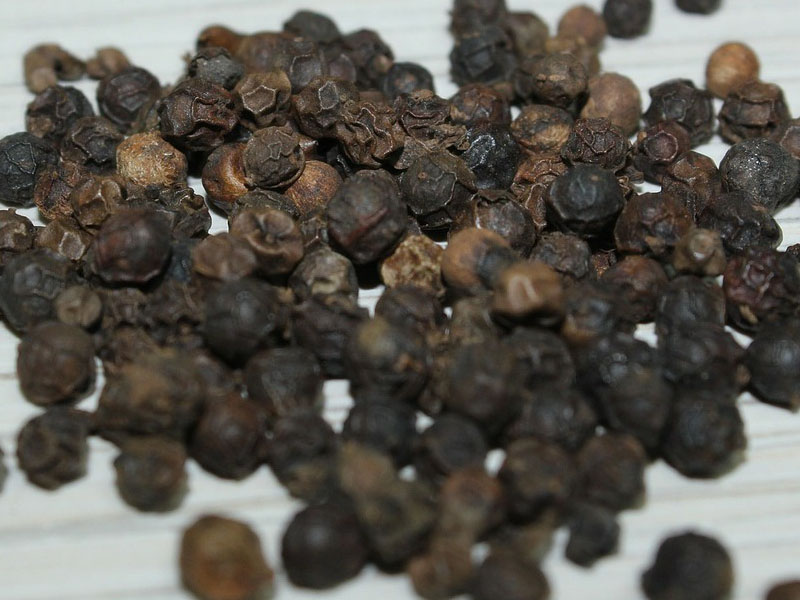- Free Shipping Above Rs 599
- +91 97392 34467
- flavonn@gmail.com
Tea

Black Pepper
July 10, 2017
White Pepper
July 10, 2017 Tea is one of the most ancient and popular beverages consumed around theworld. Black tea is more widely consumed than green tea worldwide. India is the largest producer of black tea. In Kerala, the temperature and soil in the hill ranges are suitable for cultivating tea.
Tea is one of the most ancient and popular beverages consumed around theworld. Black tea is more widely consumed than green tea worldwide. India is the largest producer of black tea. In Kerala, the temperature and soil in the hill ranges are suitable for cultivating tea.
Recent studies indicate the compounds contained in black tea theaflavins and thearubigens – not only contribute to the dark color and distinctive flavor but they represent potential molecules with therapeutic implication. Polyphenolic compounds present in black tea can protect cells and tissues from oxidative stress by scavenging free radicals.
Tea consumption is said to be associated with reduced risk of type 2 diabetes Reports suggest that Black tea could lower the incidence of Parkinsons disease. Black tea is said to reduce the risk of heart problems by cutting levels of bad cholesterol and blood sugar. Studies suggest that Tea polyphenolics inhibit tumor cell proliferation. In addition, tea polyphenols may protect against damage caused by ultraviolet (UV) B radiation. Theaflavin and catechins modulate immune system function.





